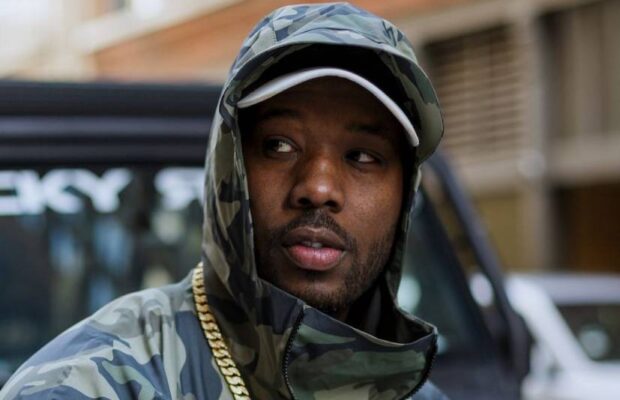Phor of Black Ink Crew Chicago Speaks on Mental Health

Today more than 1,300 organizations, brands, government agencies and cultural leaders will participate in the inaugural Mental Health Action Day to drive the conversation from mental health awareness to mental health action. Convened by MTV Entertainment Group, Mental Health Action Day is an open-source movement, aimed at motivating people to take action to get mental health support — whether for themselves, their loved ones or for everyone by advocating for systemic changes for mental health access and equity.
Mental Health Action Day comes at a critical time. The COVID-19 pandemic has taken a disproportionate toll on the mental health and well-being of people of color, young people and LGBTQ+ communities. Studies have found:
- Four in 10 adults have reported symptoms of anxiety or depressive disorder, compared to 1 in 10 before the pandemic.
- Fifty-six percent of young adults ages 18-24 reported symptoms of anxiety and/or depression during the pandemic.
- 48% of Black people reported symptoms of anxiety or depressive disorder during the pandemic versus 42% of all Adults and 40.9% of white people.
Communities of Color, who have experienced disparate impacts of COVID-19 and the ongoing trauma of systemic racism from police brutality to anti-Asian violence, are also facing greater mental health challenges than ever before, but continue to face challenges accessing mental health care.
The cross-sector collaboration calling attention to the great need for support and action to address mental health in the same way in which we treat physical health needs is ground breaking. From media and tech companies to nonprofits, consumer brands, government agencies and cultural leaders, the actions on May 20th are only the beginning. Coalition partners will host a series of activations ranging from public events featuring experts and activists to employee engagement activities, all with the goal of encouraging and empowering people to take an initial action, whether for themselves or others, to support their mental health needs.
“A year into the pandemic, as mental health struggles have skyrocketed, we brought together more than 1,300 partners to not only meet the moment but also drive a movement of action on a public health crisis that affects every one of us,” said Erika Soto-Lamb, Vice President of Social Impact Strategy at MTV Entertainment Group. “From storytelling to creating content, together we can shatter stigma and normalize the act of getting help for those who need it.”














